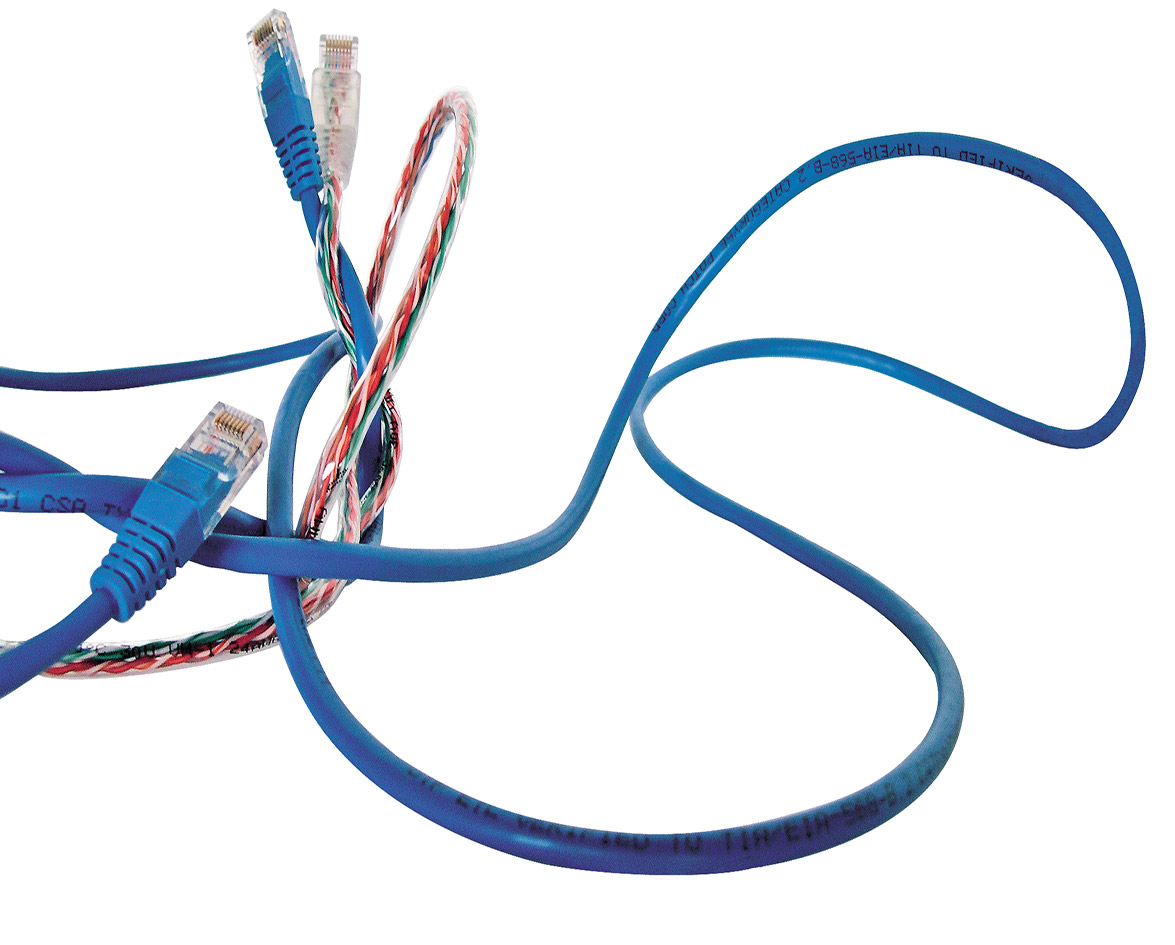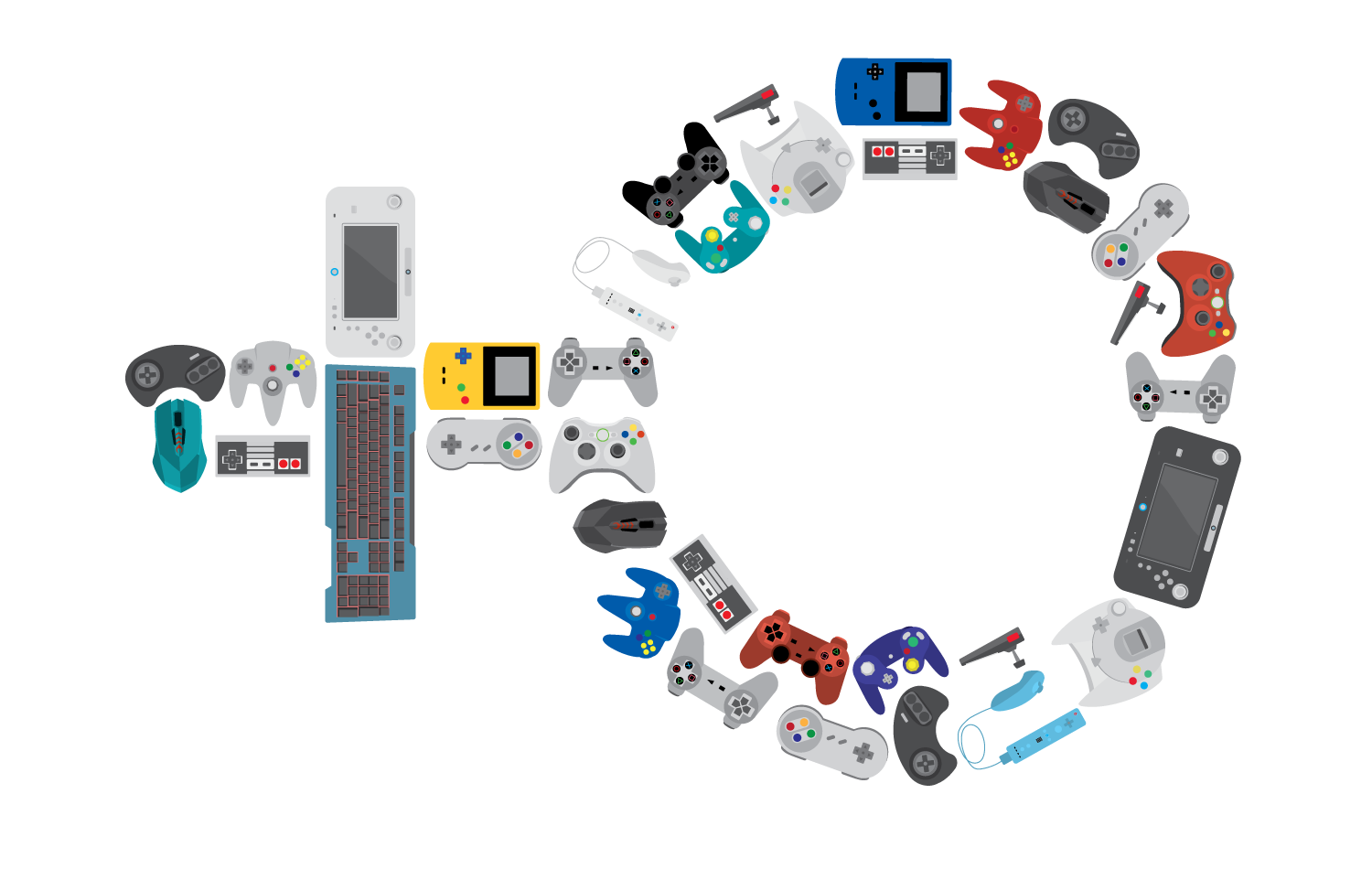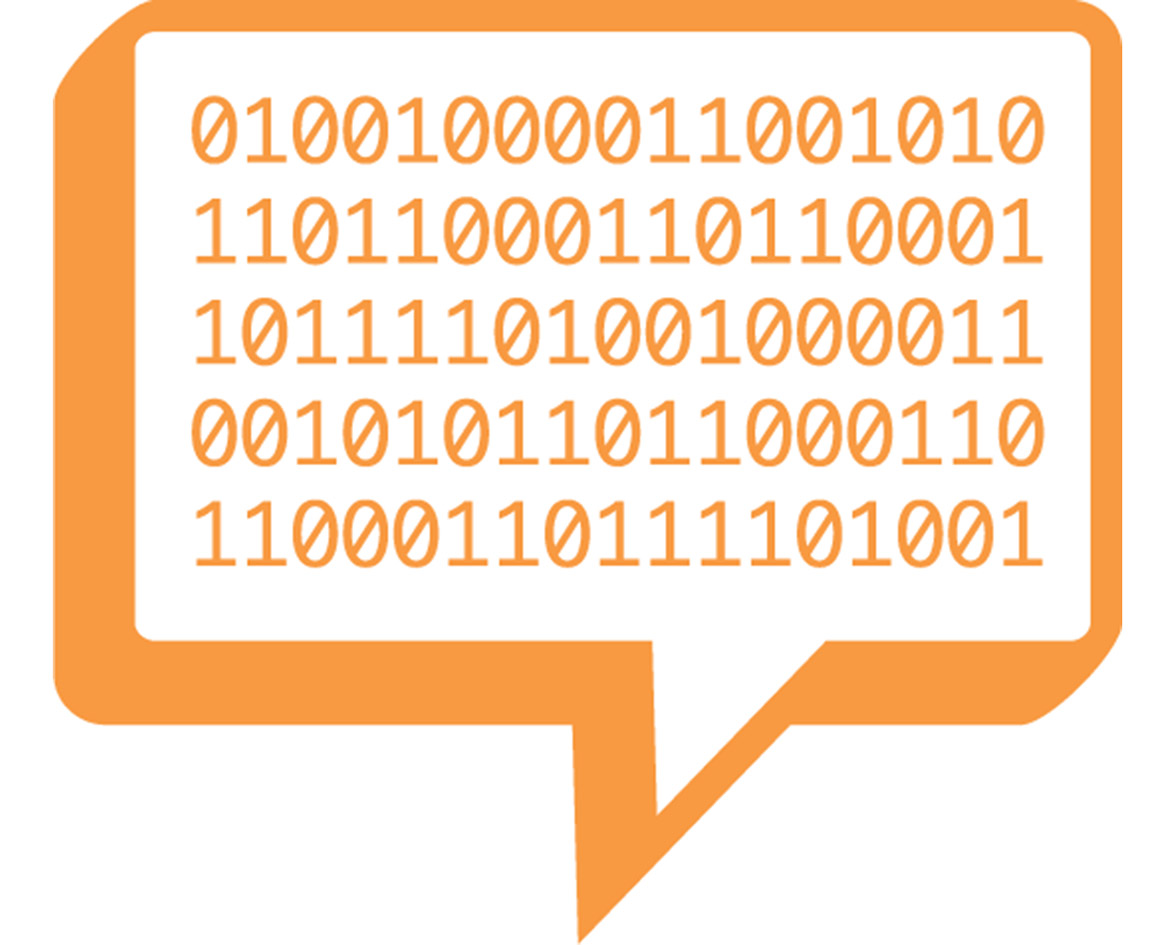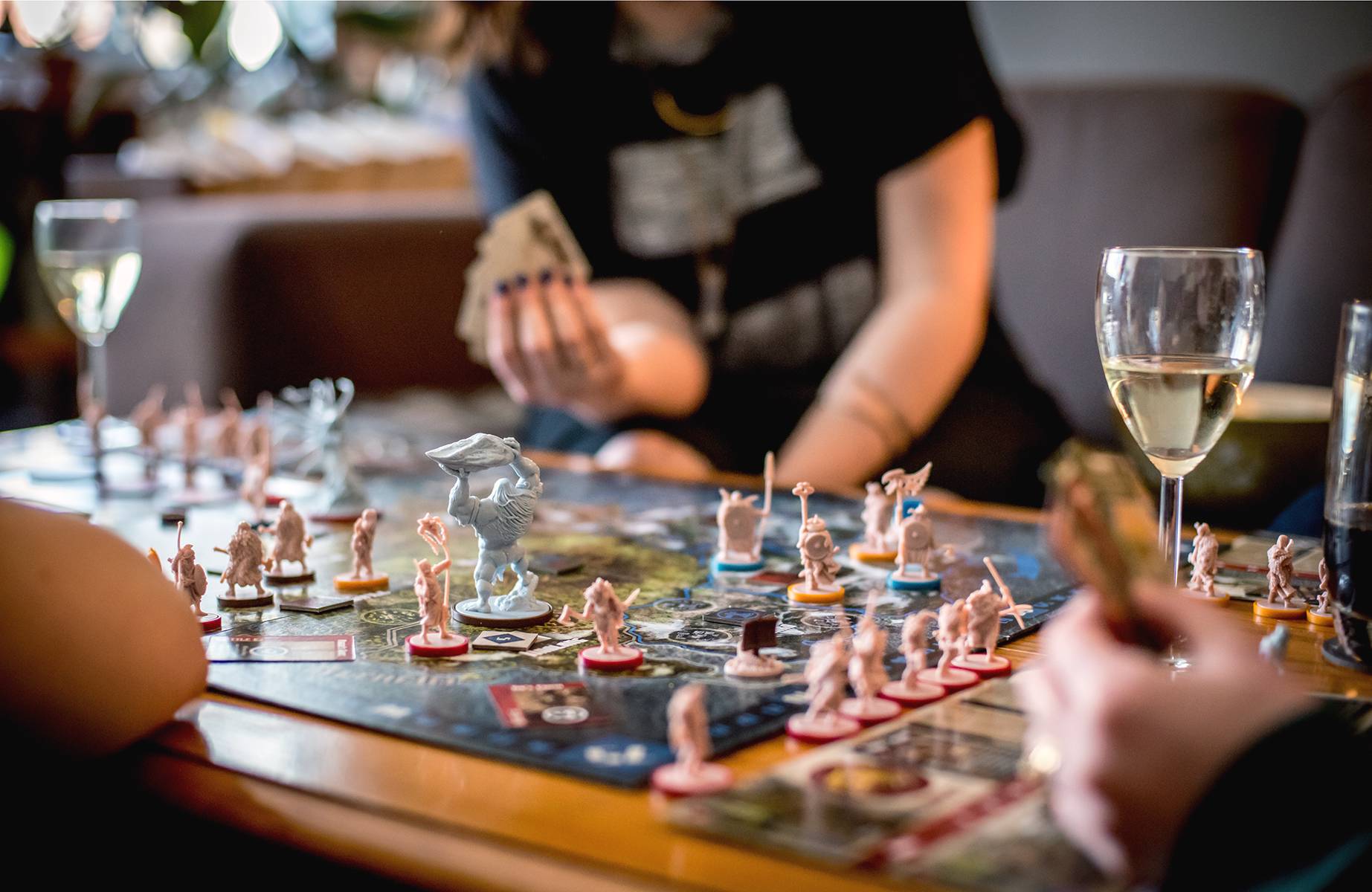South Korea is a technological utopia, holding the title of world’s most wired country. This honour, however, comes with a price; obsession with technology is now adversely affecting this country’s citizens.
Internet Addiction
Several centres have recently opened in South Korea to treat online addiction. The Centre for Internet Addiction Prevention and Counseling (CIAPC) is the first government-funded centre of its kind. There, researchers study online addiction and its side effects. They have put together a list of symptoms, which include preoccupation with the Internet, inability to perform everyday tasks, uncontrolled behaviour, disruption of daily routines and nervousness or anxiety when not online.
The Symptoms
These symptoms are not exclusive to South Koreans, as more Vancouver youths are devoting their free time to online gaming. Nikki Popow, a mechanic and online gamer says, “I’m sure everyone’s had the feeling that they couldn’t get off their seats and stop working or playing a game.” UBC student and avid gamer, Shawn Hanna, agrees. “It’s all about knowing your limits. It’s hard to set a time limit for yourself sometimes.” He adds, “I’ve had dreams that I was playing [computer games]. Sure I was surprised, but I went right back to playing again in the morning.”
When presented with the CIAPC’s list of symptoms, both Shawn and Nikki laugh in agreement. They admit to having experienced the symptoms, but also say it could be the case for anyone using the Internet. For many people, however, online addiction is no laughing matter.
In September 2002, an extreme case of online obsession made headlines around the world and sent a shockwave through households in Korea. An avid gamer, Kim Kyung-jae, collapsed and died at a 24-hour PC café in Kwangju, South Korea after playing computer games for 86 hours. Parents, concerned over online proliferation, are now attempting to control their children’s Internet habits. They are employing strict curfews, and some are even cancelling online accounts. PC rooms, known in Korea as “PC bangs” have been ordered to send underage players home after 10 pm. These PC rooms are now fixtures in Vancouver suburbs as well.
Sitting in a dark cyber den in New Westminster, I saw how easily online gaming can become an obsession. A large group of teenage boys, playing games on powerful computers, let out a collective “Ouch” after a character is killed in a brutal, bloody gunfight. On screen, guns are purchased and cocked while rap music plays in the background. I feel like an outsider among the regulars in the room. Being a former online gamer myself, I just barely recognize the scene. Interfaces, displays, technologies and software versions have changed over the past year. Games are more real and bloodier than I remember.
The Action Simulation Games
There is a learning curve with single-player, action simulation games. The objective is to eliminate your opponents: kill all the other characters before they kill you. Hardcore gamers are more dangerous than ever. It’s not in our nature to kill, especially not with a mouse, keyboard, and computer screen. I am shocked to find the level of skill in the room so high. It’s obvious these players are practising. A lot. Sadly, this is a typical night for many computer savvy teens.
Behaviours Of A Gamer
Suburban PC rooms cater to a young, largely Korean clientele, many of whom are students from nearby high schools. The rooms sell food and drinks to keep players from leaving. These suburban cyber cafés are focused on gaming and are unlike the cyber cafés in Vancouver. The drink of choice among young customers is Coca Cola, not cappuccino. Not surprisingly, peak times are lunchtime, after school and late nights. But there can also be an increase in business during the day when school assemblies are in session. Greg Mack, a former student at Gleneagle Secondary in Coquitlam, admits, “I’ve skipped a couple of school spirit assemblies and the career fair in Grade 11 and 12. And I used to play [at Cyberworld] after school a lot before I got the game at home.” The majority of cyber cafes in Coquitlam’s Westwood neighborhood have closed down recently due to lack of business. Most gamers now choose to play from home and few play in cafés during school hours.
Online gaming is growing at a fast pace in South Korea and abroad. Competition in South Korea’s technology sector combined with government ambition, is building a bright future for online industries in the country. In the Lower Mainland, the market for cyber cafés is shrinking as more gamers are playing at home, but it has taken hold around local high schools. The negative effects of South Korea’s plunge into the digital world are just now becoming evident. As new technology begins to catch on in Canada, we can look to Korea for guidance so that we may avoid the pitfalls of online obsession.











